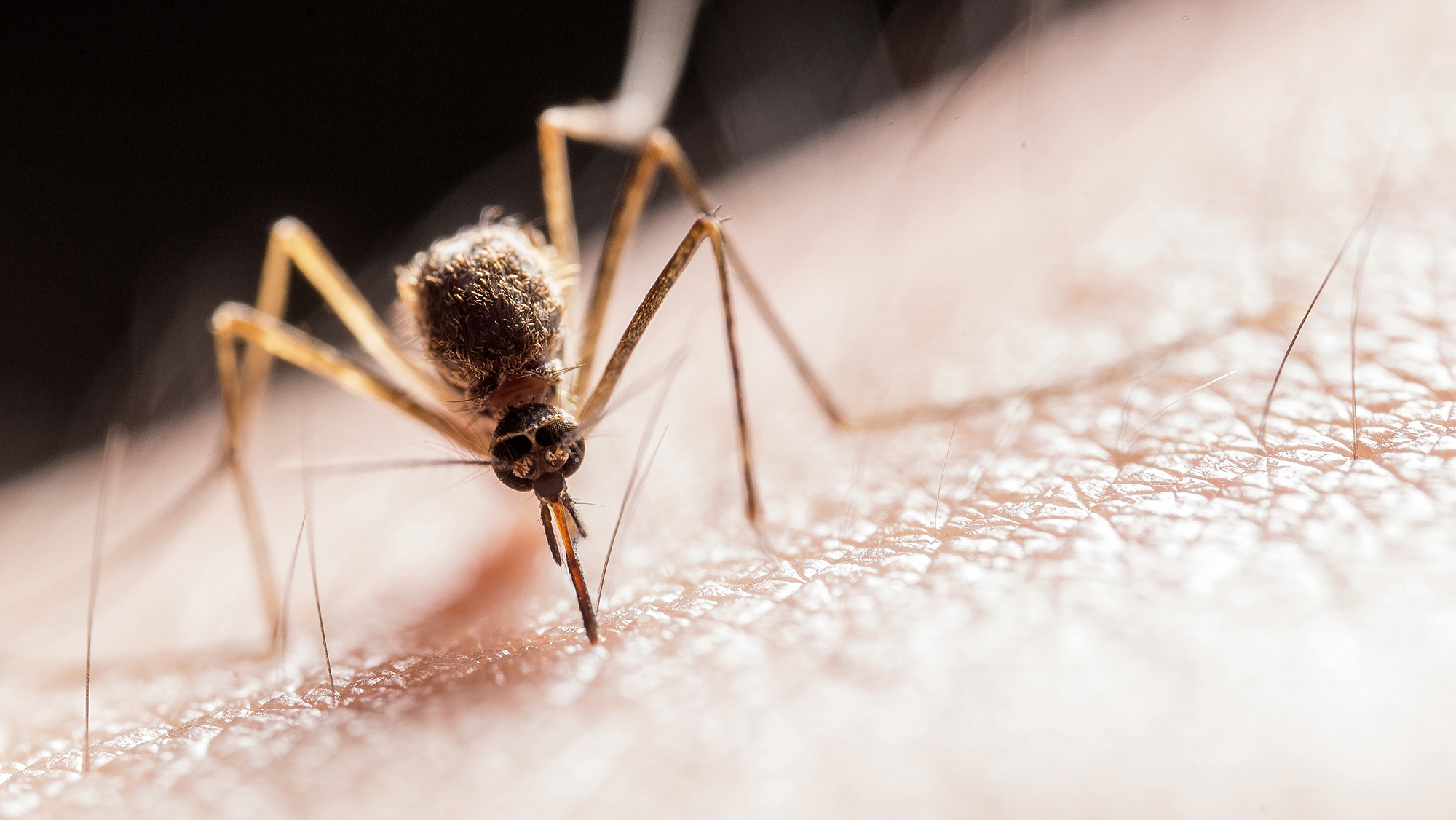Parts of College Park and surrounding areas will receive an unscheduled mosquito control spraying on Thursday “due to mosquito(s) testing positive for West Nile virus” in the area, according to a news release from the city of College Park.
The sprayings will be conducted within a one-mile radius of the intersections of Drexel Street and Rhode Island Avenue, St. Andrews Place and Metzerott Road, and 53rd Street and Lackawanna Street, according to a news release from Maryland’s agriculture department.
The department has released 10 other public notices of unscheduled sprayings in Prince George’s County since mid-July. Baltimore County is the only other county to have an unscheduled spraying conducted this season.
Inclement weather forecasted for Thursday evening could postpone the spraying until the next available evening. As long as conditions permit, parts of College Park, University Park and Riverdale will receive a truck-based spraying after 7:30 p.m.
Mosquito Control personnel will use a permethrin-based insecticide, an EPA-approved solution in public health mosquito control programs since it doesn’t pose “unreasonable risks to human health,” according to the EPA. The agency also states the solution does not pose any “unreasonable risks to wildlife or the environment,” including mammals or birds, but is toxic to fish and bees. Still, MDA recommends that residents avoid outdoor activities during spraying.
[UMD freshman wins EPA award for environmental education project]
The size of the droplets from the truck-based sprayers and time of spraying is designed to protect other beneficial insects that are not targets of the spray, MDA communications director Jason Schellhardt said in an email. These insects are usually much larger than mosquitoes and aren’t active during the night, he said.
Joe Bartenfelder, MDA secretary, advised people to drain or get rid of standing water on their property to eliminate potential mosquito breeding zones. This prevention includes draining plastic wading pools when not in use, removing water-holding containers and cleaning rain gutters and birdbaths.
The department also suggested people wear long, loose, light-colored clothing and insect repellent while avoiding mosquito-infested areas during dusk and dawn to minimize their exposure to mosquito bites.
“This is the season when we start to see West Nile virus spread in Maryland, so we urge people to be vigilant and take steps to avoid infection,” said Dr. Jinlene Chan, public health deputy secretary. “Disease surveillance teams are closely monitoring increasing numbers of infected mosquitoes that have turned up in several areas across the state.”
[College Park City Council hears plans for new development in Discovery District]
The Maryland health department announced the first confirmed human case of the virus in Maryland this year on Aug. 25, after an adult living in the Baltimore area tested positive. Since then, no additional cases have been reported.
According to the MDH news release, the virus is transmitted to humans through mosquitos that feed on birds infected with the virus. The virus is not spread through casual contact between humans and can rarely spread through transmissions such as blood transfusion or breastfeeding.
Up to 80 percent of infected people are asymptomatic, but the virus is more serious for older individuals and those with underlying health conditions. Symptoms appear about three to 15 days after the initial mosquito bite and include fever and body aches that could last a few days or several weeks.
Environmental science and technology professor Paul Leisnham said that with more mosquitoes, there is an increased potential for virus transmission.
He and a team of researchers recently published a study that found higher rates of West Nile virus-infected mosquitoes in lower-income urban areas of Baltimore. Leisnham said similar environmental factors could contribute to the high number of unscheduled sprayings in Prince George’s County this year.
“It’s really important, I think, for residents to be mindful of the sorts of habitat in their backyard that could promote mosquito production,” Leisnham added.



